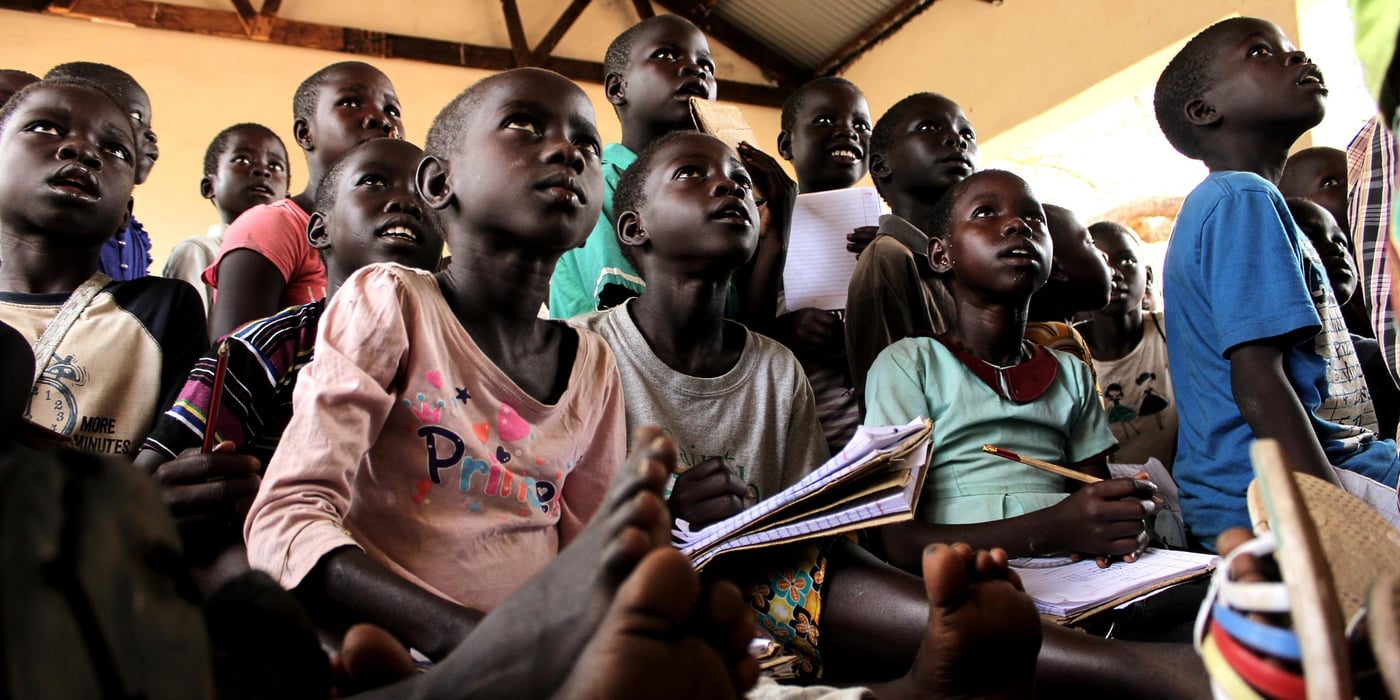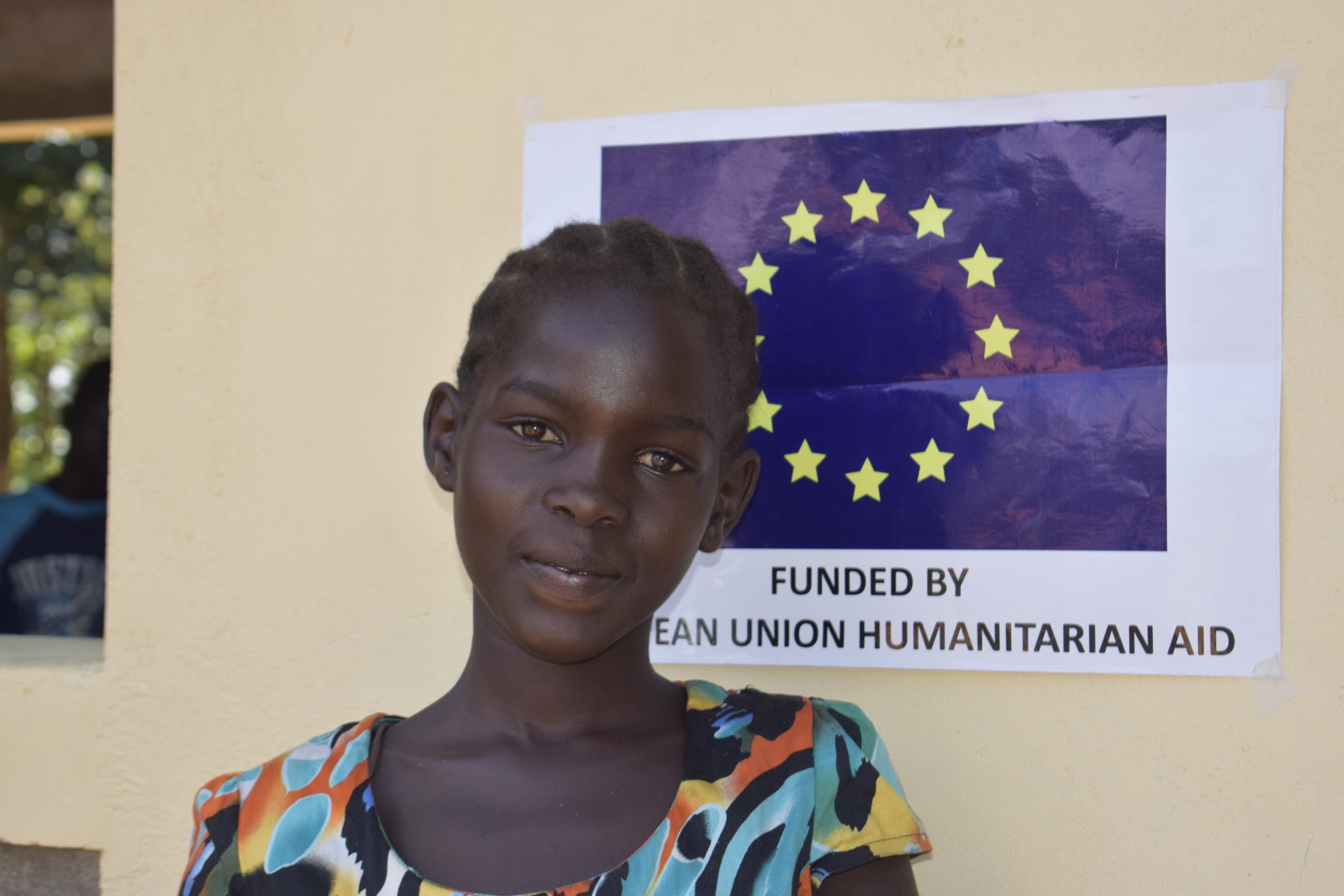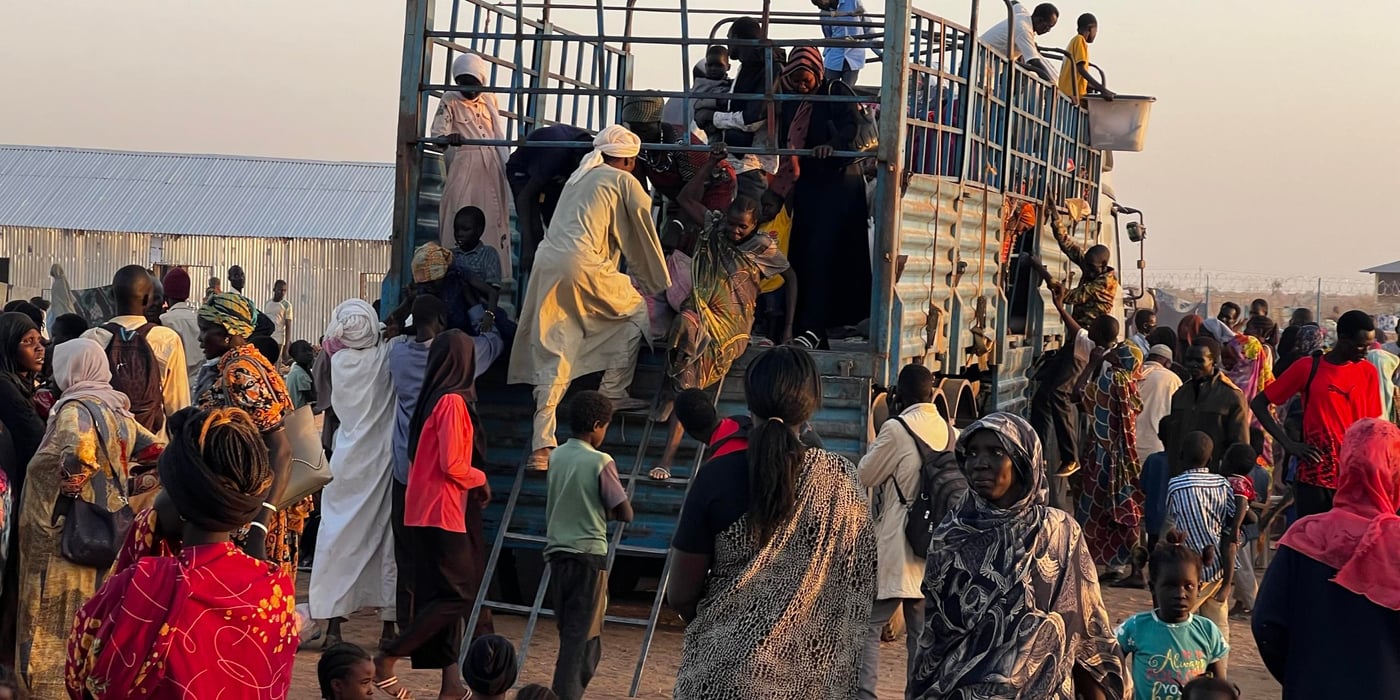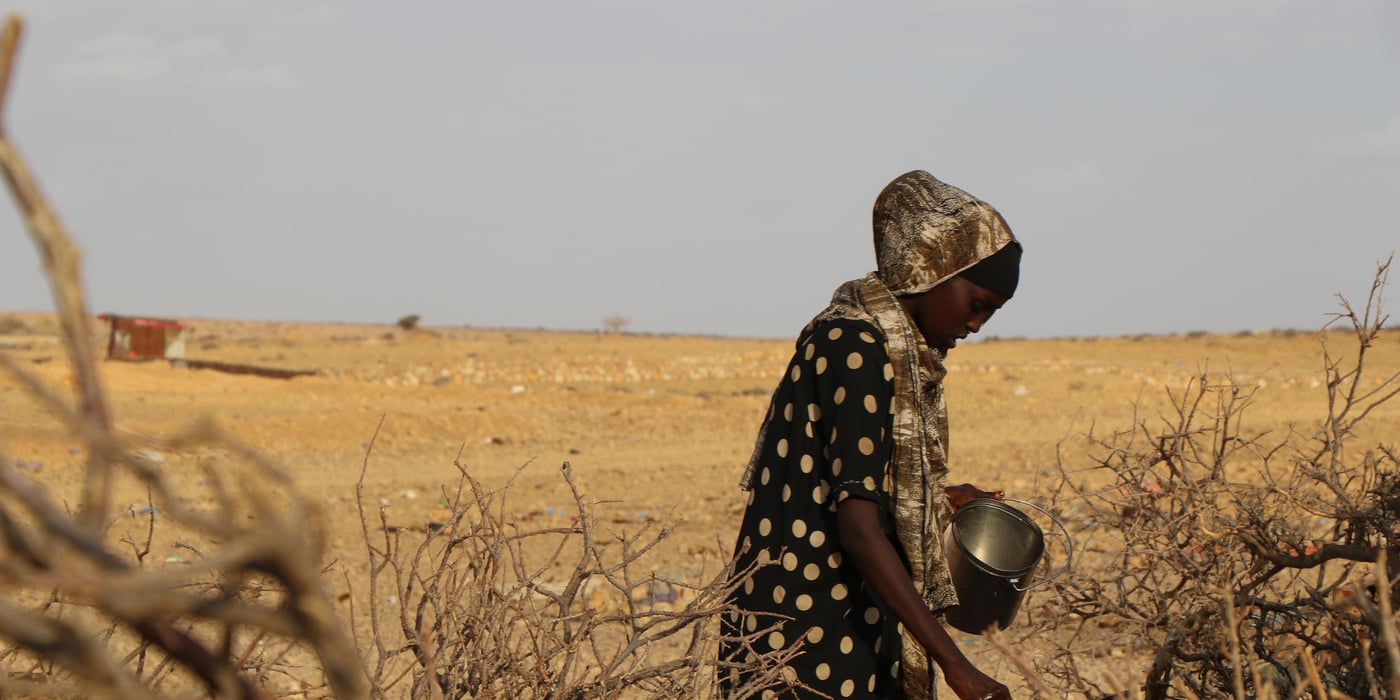
Poni Grace is an eleven-year-old girl from South Sudan and a pupil at the school in Uganda’s Imvepi refugee settlement, where she arrived in July of 2017. Poni lives with her parents and siblings in the settlement. She goes to school along with her three sisters and two brothers.
She says she likes going to school every day. Like most of the refugee girls in Imvepi, she hopes to continue with her studies despite having dropped out of school because of the war in her home country. When fighting broke out in her family’s village in South Sudan, they fled together to Uganda.
I like the teachers and classes here, it is better than in South Sudan.Poni Grace (11)
Poni remembers people talking about the war and how people feared mortal violence and having their property looted. Uganda now hosts more than one million South Sudanese who have fled across the border since the war broke out in 2013. When Poni and her family crossed into Uganda in 2017, the war in South Sudan had already been going on for four years. Conflict had spread across the country with new fighting in Greater Upper Nile, Western Bahr al Ghazal, and the Equatorias regions.
“I like the teachers and classes here, it is better than in South Sudan. I can now speak proper English and ask questions, unlike before,” she says. “I am also happy that our new class has enough desks to sit at. We can listen to the teacher without getting tired.”
Poni pursues her education under the accelerated education programme in Imvepi refugee settlement. The education programme is providing an educational foundation for children who have missed out on school before they get an opportunity to re-join the formal education process.
“I wake up at 7am. I prepare to be at school by 8am and it takes me thirty minutes to get from home to school,” says Poni.
Poni is in level two. She loves mathematics and social studies and dreams of one day becoming a bank manager.
“The school feels like home to me. The teachers are friendly, and I like my new class because we sit at desks and books are provided to us,” she says.

With funding from the European Commission (ECHO), we established the education centres in Imvepi refugee settlement in Uganda in April 2017. Currently, 2,001 pupils are enrolled in four centres: Inyau, African Childcare, Supiri and Longamere. We will continue to offer catch-up classes, construct latrines, classrooms and furnish with desks and chairs and provide learning materials in order for children to have improved access to education.
The school feels like home to me.Poni Grace (11)
Increasingly interested students
“I have seen huge changes in their language development. Now my pupils can speak English, unlike before. They have also started interacting with host community pupils,” says Agele Edward, English Teacher level 2 at the Inyau AEP Center.
In Poni’s school, our country team has constructed one educational block of three classrooms. In addition, we have recruited teachers and provided desks, books and pens for the pupils. Community meetings are held weekly to spread awareness about the importance of education and to encourage parents to send their children to school and keep the dreams of girls like Poni alive.
“With the new structures, we have improved the ratio of teacher to pupils, and classrooms are no longer overcrowded. In turn, our pupils have demonstrated more interest in learning and attending lessons regularly,” explains Draka Charles, Head Teacher at Inyau Primary School.



